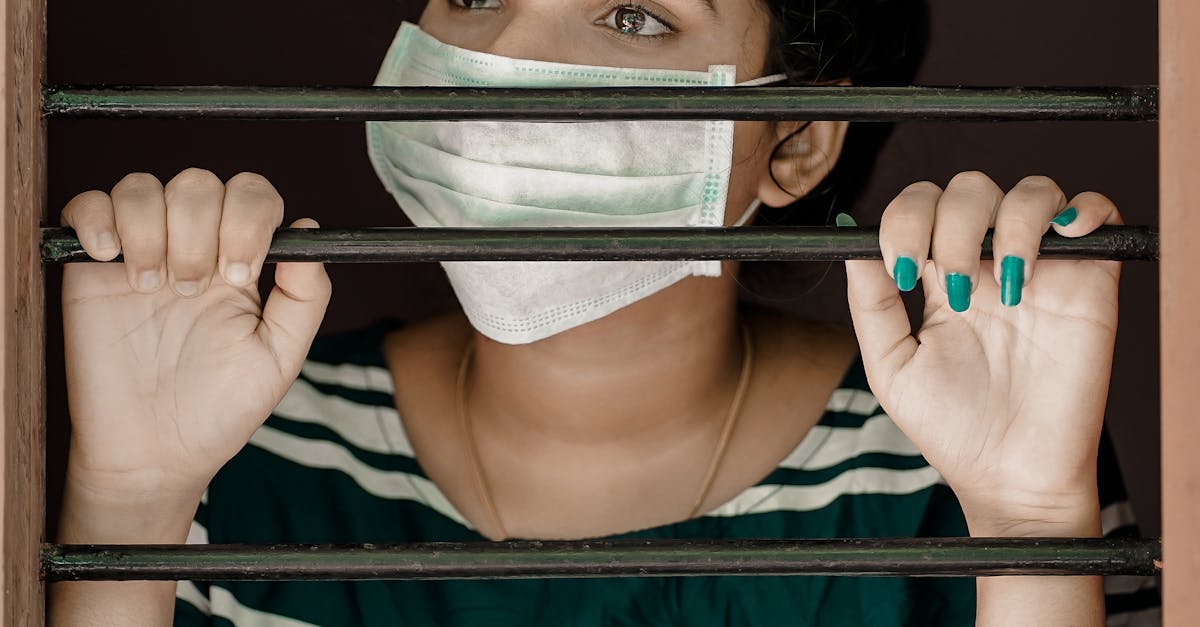The recent measles outbreak has raised alarm among health professionals and the public alike. This highly contagious viral disease presents a significant risk, especially to those who are unvaccinated. As the College of American Pathologists convened to tackle this issue, it’s clear that understanding measles transmission and prevention strategies is critical. In this post, we’ll discuss the key points addressed during the meeting, the importance of vaccinations, the role of community health, and the response to this outbreak.
Understanding Measles: The Virus and Symptoms
Measles is caused by the measles virus, which is a member of the paramyxovirus family. Symptoms typically begin 10 to 14 days after exposure, with initial signs including high fever, cough, runny nose, and inflamed eyes. Following these early symptoms, a red, blotchy skin rash appears. The virus spreads through respiratory droplets when an infected person coughs or sneezes, making vaccination crucial in preventing outbreaks.
According to the World Health Organization (WHO), measles is one of the leading causes of vaccine-preventable deaths among young children. Learn more about measles from WHO.
Importance of Vaccination
The measles, mumps, and rubella (MMR) vaccine is highly effective in preventing measles. Two doses of the MMR vaccine are approximately 97% effective in preventing measles. The CDC encourages children to receive the MMR vaccine at ages 12 to 15 months and again at 4 to 6 years. In outbreaks, a third booster may be advised to bolster immunity.
Vaccination not only protects individuals but also contributes to herd immunity, safeguarding those who cannot be vaccinated due to medical reasons. To understand the importance of vaccines, visit the CDC’s vaccination website.
Community Health and Measles Outbreaks
Community health networks play an essential role in managing measles outbreaks. Local health departments collaborate with health providers to monitor vaccination rates, educate the public, and respond to outbreaks effectively. This response can include organizing vaccination clinics and running public awareness campaigns to encourage vaccination.
The recent discussions highlighted the need for proactive strategies to address misinformation about vaccines. Engaging community leaders and trusted figures is crucial for building faith in vaccination programs.
Response Strategies for Outbreak Management
In response to the recent measles outbreak, health organizations have established rapid response teams to assess cases, conduct contact tracing, and provide vaccination where necessary. These teams work tirelessly to contain the outbreak and prevent further spread of this disease.
Direct quotes from the recent meeting emphasized, “We must act swiftly and decisively to protect our communities against measles. Every effort counts.” – Dr. Amy Smith, Immunization Expert.
Travel and Measles: A Global Perspective
Measles outbreaks are not limited to local communities; international travel can contribute significantly to spreading the virus. Travelers are encouraged to ensure their vaccinations are up to date before visiting countries with active outbreaks.
International health regulations require travelers to follow immunization guidelines, particularly in regions where measles persists. Visit IAMAT to learn more about travel vaccinations.
Addressing Misinformation about Vaccines
Misinformation about vaccines can hinder public health efforts. The College of American Pathologists emphasized the importance of transparent communication and evidence-based information to combat myths surrounding vaccinations.
Public health campaigns must aim to educate both parents and the general population about the safety and efficacy of vaccines. Communities can utilize social media and educational forums to foster a better understanding.
Conclusion and Future Implications
The rise in measles cases underscores the ongoing importance of vaccination and community health initiatives. Key takeaways from the College of American Pathologists meeting reflect the need for collaborative strategies and informed discussions about the role of vaccines in preventing outbreaks.
As we navigate this public health challenge, ongoing education and advocacy will be paramount. The commitment to public health must remain steadfast, ensuring every child receives their vaccines on time. Ultimately, the goal is clear: to eliminate measles and protect future generations. For resources on vaccination and community health, check out the Healthline vaccination guide.
